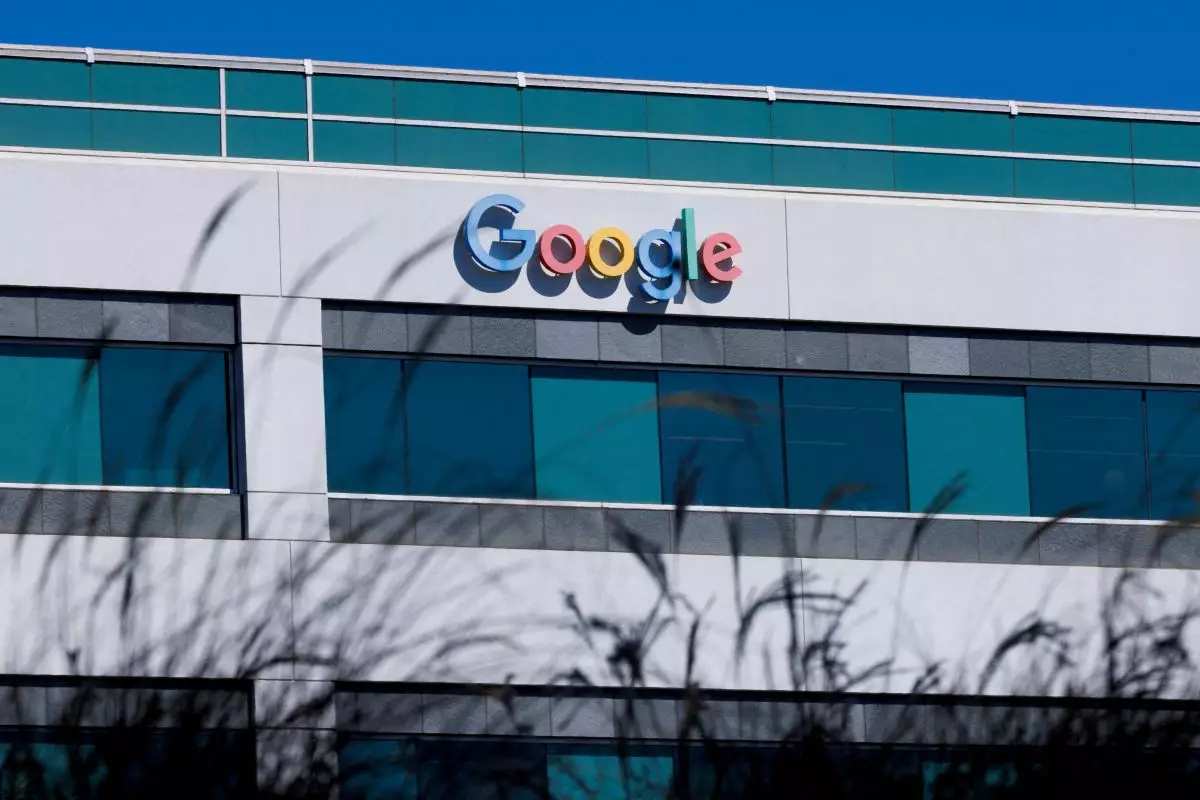The ongoing legal battle between Google and Epic Games, the creator of the popular game “Fortnite,” is drawing attention to the complexities of antitrust regulations in the digital landscape. A pivotal moment occurred when U.S. District Judge James Donato in California issued an injunction mandating Google to revamp its Android app store, Google Play, by November 1, in an effort to provide consumers with more options for downloading applications. This ruling is central to Epic Games’ claims that Google has monopolized the app distribution market, thereby stifling competition and innovation.
On a surprising note, the judge temporarily halted this injunction, giving Google a reprieve as the 9th U.S. Circuit Court of Appeals reviews the case. Google contended that compliance with the original order would not only harm its business operations but could also pose significant security and privacy risks to users within the Android ecosystem. This pause presents an interesting dynamic; while Judge Donato’s original ruling appeared to support Epic’s position, by granting a temporary hold, he indicates an acknowledgment of the complexities involved in implementing immediate changes to the established marketplace.
In its communication, Google expressed relief over the decision to pause the execution of what it termed “dangerous remedies” favored by Epic. The tech giant advocates that such changes could lead to adverse repercussions rather than improvements in consumer choice. Conversely, Epic Games viewed Donato’s pause as a mere procedural step and dismissed Google’s protective claims as fearmongering. The contrasting perspectives highlight the divergent interests at play; a corporate behemoth intent on maintaining its market foothold versus a gaming company advocating for a level playing field for software distribution.
Complicating matters, a jury previously concluded that Google had adopted monopolistic practices, which includes restricting how consumers can download apps on Android devices and controlling payment methods for in-app purchases. Judge Donato’s directives, which closely mirrored Epic’s recommendations, signal an impending shift in how app markets operate—if upheld by the courts. Google’s insistence that it does not constitute a monopoly, based on competition from platforms like Apple’s App Store, positions this case at the intersection of technological innovation and antitrust law.
As this legal saga unfolds, the implications for both Google and the broader tech industry are substantial. Should the appeals court favor Epic’s arguments, the ramifications could usher in a more competitive landscape, potentially empowering smaller developers and altering how consumers interact with mobile applications. Whether the court will side with Google or uphold the antitrust findings will significantly impact the governance of app ecosystems and might reshape the future of software distribution on Android devices. This case exemplifies the tension between corporate strategy and regulatory scrutiny in an increasingly digitized world.


Leave a Reply